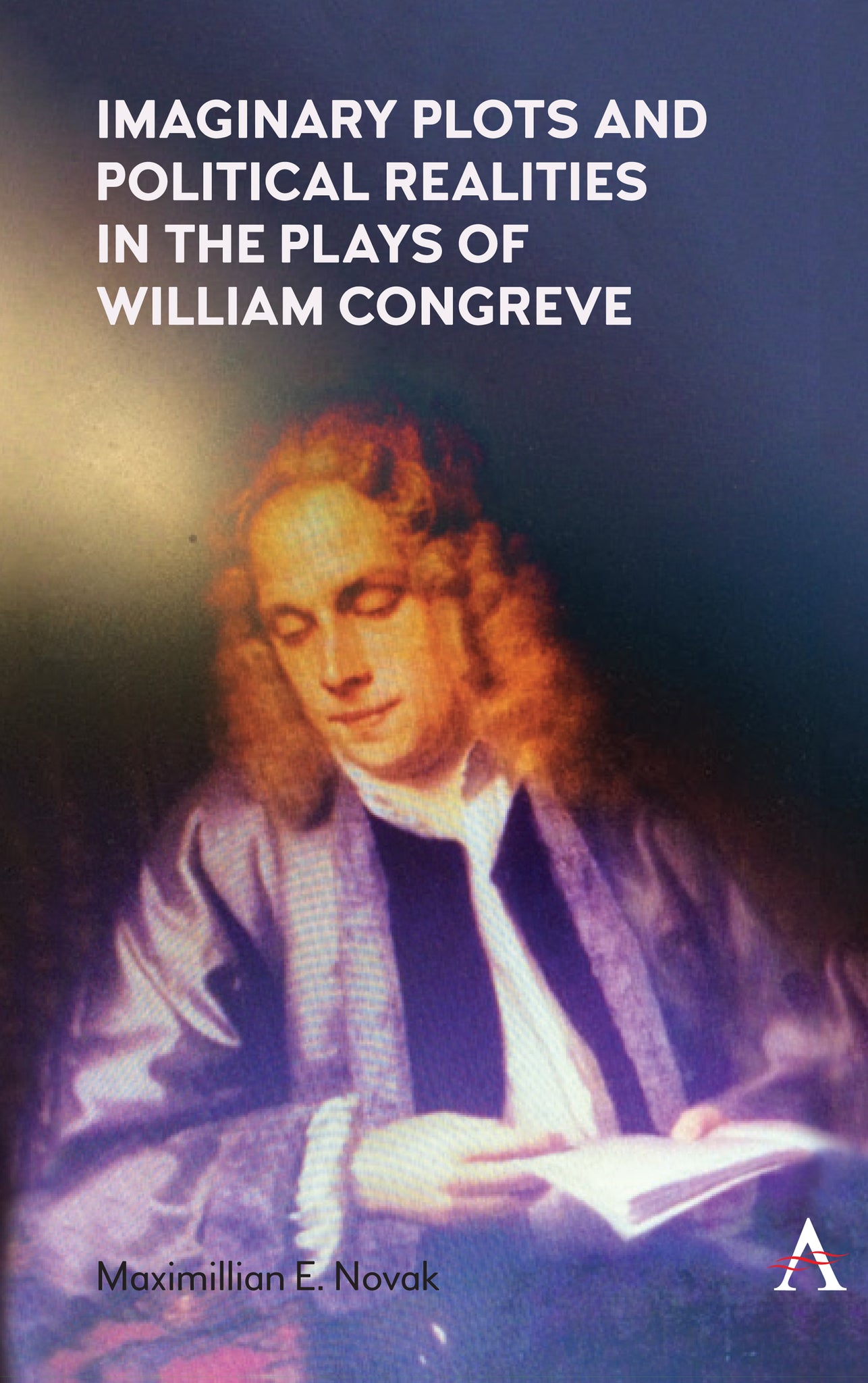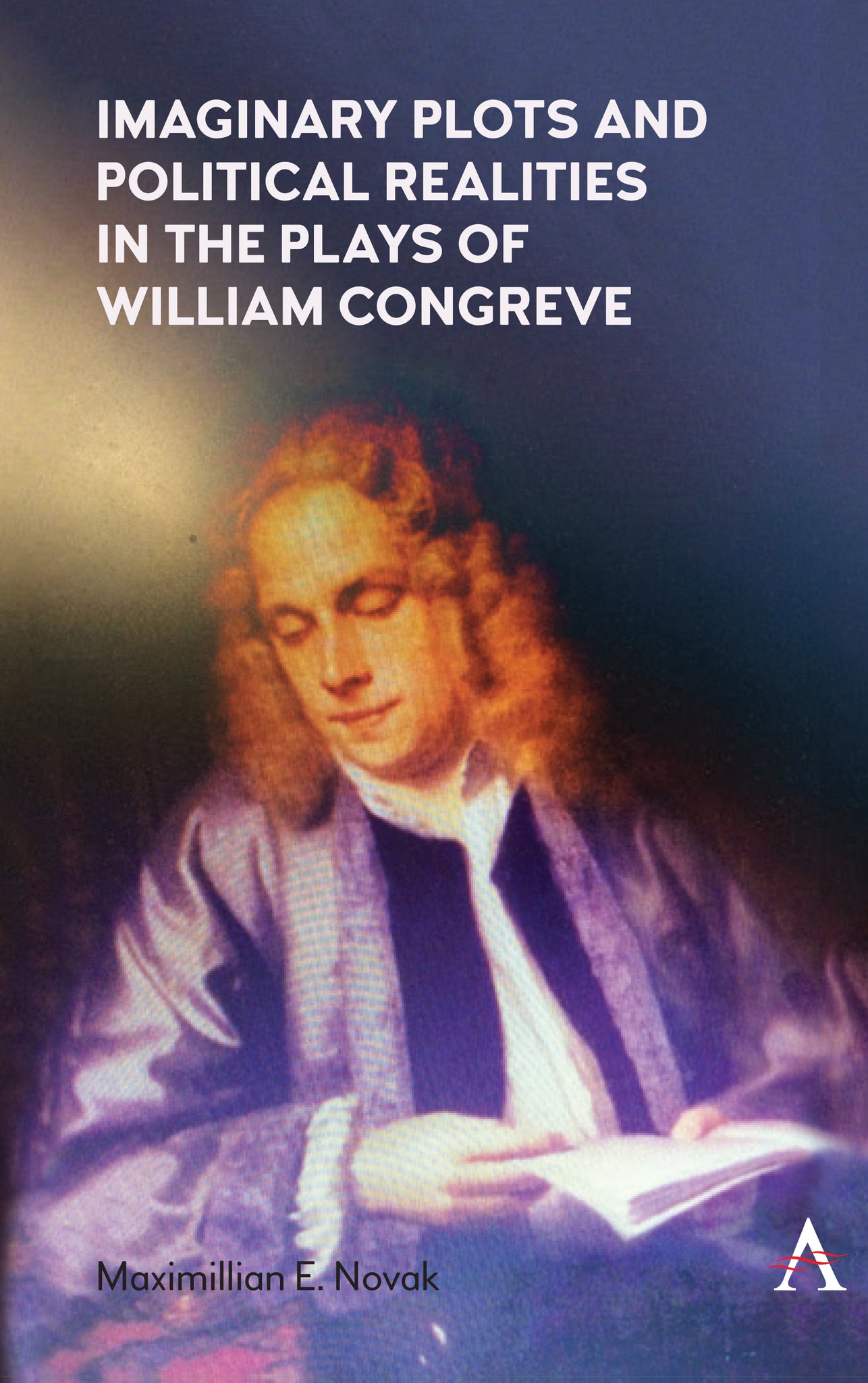We're sorry. An error has occurred
Please cancel or retry.
Imaginary Plots and Political Realities in the Plays of William Congreve

Some error occured while loading the Quick View. Please close the Quick View and try reloading the page.
Couldn't load pickup availability
- Format:
-
30 June 2020

William Congreve was deeply involved in the events of his turbulent times. That involvement reveals itself in works which have sometimes been regarded as entirely unengaged with the realities of his society. This book attempts to read Congreve’s plays and his novella, Incognita, against the political and social upheaval of the period initiated by the rebellion of 1688. A strong supporter of the new world ushered in by William III and Mary, Congreve fought against the reactionary politics of the Jacobite opposition.

LITERARY CRITICISM / Drama, Literary studies: plays and playwrights, LITERARY CRITICISM / European / English, Irish, Scottish, Welsh, LITERARY CRITICISM / Modern / 18th Century, LITERARY CRITICISM / Modern / 17th Century, Literature: history and criticism, Literary studies: c 1600 to c 1800

“Novak offers new readings of Congreve while grounding his argument not only in a thorough understanding of the social, political, ethical and religious conflicts of Congreve’s decade of writing for the stage but also in the best historical scholarship of the period and the best literary criticism of Congreve of the last ninety years.”—Kevin J. Gardner, Professor and Department Chair, Baylor English Department, Baylor University, USA
Acknowledgements; List of illustrations; Foreword; Chapter 1, The politics of love, marriage and scandal in Congreve’s world; Chapter 2, Incognita and some problems in morality and epistemology; Chapter 3, The “fashionable cutt of the town” and William Congreve’s The Old Batchelor; Chapter 4, Political and moral double-dealing in Congreve’s The Double Dealer; Chapter 5, Foresight in the stars and scandal in London: Reading the hieroglyphics in Congreve’s Love for Love; Chapter 6, The failure of perception in Congreve’s The Mourning Bride; Chapter 7, Politics and Congreve’s The Way of the World; Afterword; Works Cited; Index.



